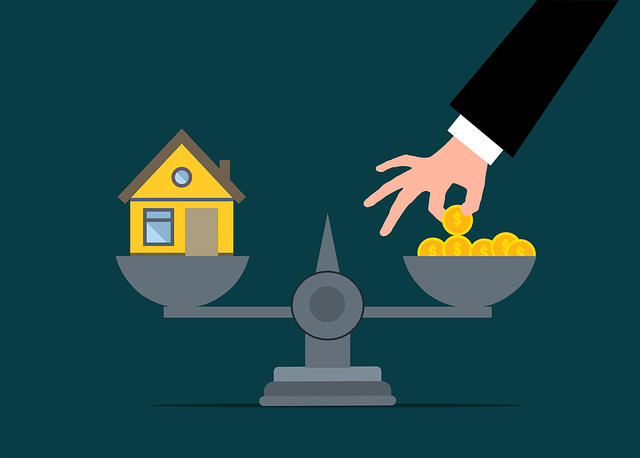Taking control over your debt gets easier once you understand the different types of debt and learn to prioritise paying them off. This blog explains various types of debt, the worst types of debt, and which debts can be consolidated when undergoing debt counselling.
Different Types of Debt
Debt can be categorised in several ways: based on loan duration (short-term vs long-term), interest rate (high-interest rate vs low-interest rate), loan purpose (consumer debt vs business debt) or the existence of collateral (secured debt vs unsecured debt).
To make it simple, most debt people incur during their lives can be divided into these main categories:
- Secured debt is any debt that requires assets as collateral. Creditors approve the loans backed by the purchased assets – vehicle or property – as collateral. The creditor can seize the assets if the borrower does not repay the loan. Examples of secured debt include mortgage, home loans, vehicle finance, and a secured credit line.
- A mortgage or home loan is a common type of secured loan between lenders and borrowers, backed by real estate, land or personal property as collateral. It represents a large debt typically issued long-term (up to thirty years) at the lowest interest rate to make monthly repayments more affordable for the borrower. The real estate or land is serving as collateral in case of non-payment.
- A vehicle finance or car loan is another type of secured debt. The vehicle is the asset that serves as collateral for the loan and can be seized and sold off if the loan is not repaid. Typically, vehicles are financed up to five years at a lower interest rate than other consumer debts, making repayments more manageable.
- Unsecured debt does not require collateral and is granted solely based on the borrower’s creditworthiness and promise to repay the loan. Most consumer or retail debt, credit card debt and personal loans fit into this category. This types of unsecured debt represent a greater risk and cost to the lender. Therefore, it generally comes with a higher interest rate than secured debt, and it is considered one of the worst types of debt to incur.
- Revolving debt is a type of credit where the consumer repeatedly borrows money to a maximum limit. The debtor can spend any amount until the credit limit is reached, which means debt repayments can vary according to the currently owed funds. The best example of revolving debt is a credit card or a credit line with a specific credit limit. This type of revolving debt is unsecured. Revolving debt can also be secured, for example, a secured line of credit with funds backed by collateral.
The Worst debts to have are the following:
Using the above classification, the worst types of debt are unsecured debt and revolving debt with no collateral to protect creditors, hence a higher interest rate for the borrower. Generally, consumer debt such as credit cards, retail stores and clothing accounts, and personal loans that finance such consumables are viewed as bad debt.
What types of debt can be consolidated by a loan?
Debt consolidation is the act of taking out a single loan to pay off multiple debts. The borrower can apply for either a secured or unsecured debt consolidation loan (with or without collateral).
Debt counsellors recommend consolidating the worst types of debt such as multiple unsecured debts, e.g. credit cards, retail accounts or personal loans, into a single loan.
Such debt consolidation loans generally have a longer loan duration than the initial credit agreements to make monthly instalments more affordable at a lower interest rate. It can reduce monthly repayments considerably.
Debt consolidation is, therefore, a viable option when consumers cannot repay piling debts due to income loss, salary cuts, or they need to lower their monthly debt instalments to make it through the end of the month.
However, debt consolidation is not without risk, including possible damage to the credit score and the improbability of securing a low-interest rate or collateral loss in taking a secured consolidation loan.
It is best to rely on specialised help when applying for debt consolidation. Debt Counsellors can devise a new debt repayment plan and renegotiate original loan terms with creditors, banks and financial institutions to ensure it benefits the borrower after the initial debt assessment.
Our professional DC Debt Clear Debt Counsellor will help you stay on track with your debt repayments through a quick and affordable debt assessment process, if you are in need of greater help he will introduce you to the Debt Review Process. All of our debt counsellors are registered with the National Credit Regulator (NCR). Visit our page at www.dcdebtclear.co.za for more assistance.

